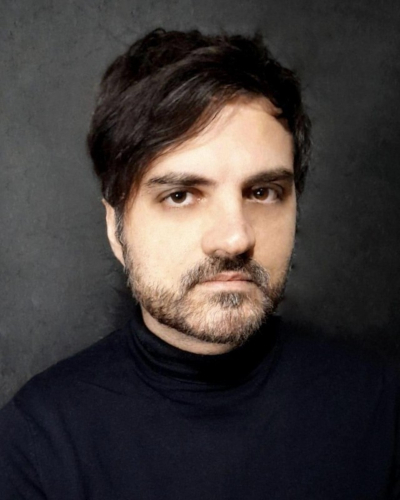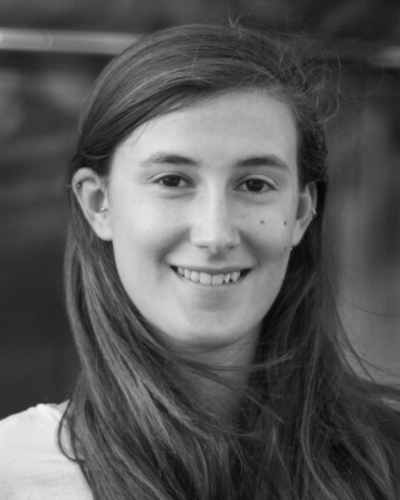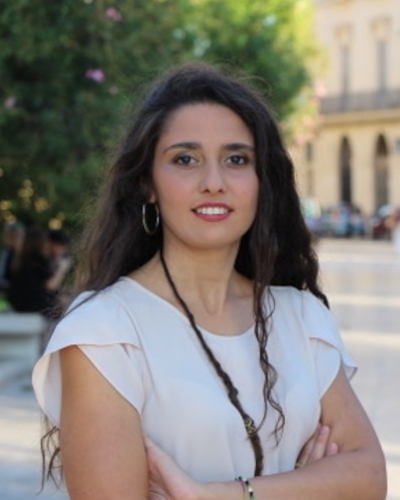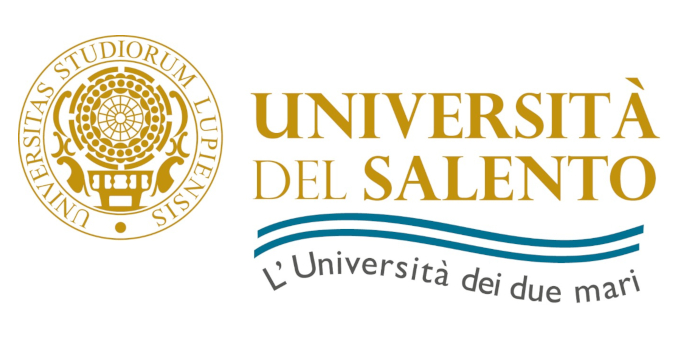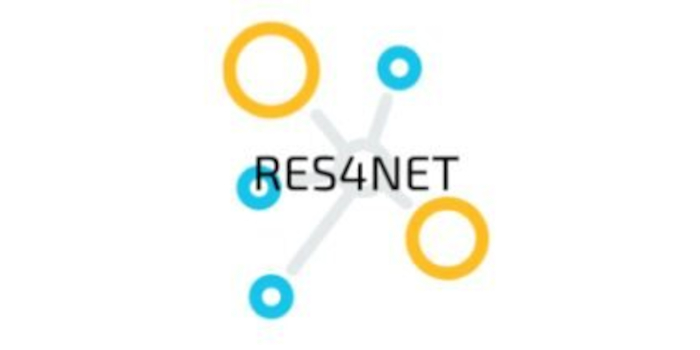SPECIAL SESSION #4
From offline processing to online bio-adaptivity in XR environments
ORGANIZED BY
Javier Marín-Morales
LabLENI - Universitat Politècnica de València, Valencia, Spain
Giovanni D'Errico
DISAT - Politecnico di Torino, Torino, Italy
Maria Eleonora Minissi
LabLENI - Universitat Politècnica de València, Valencia, Spain
Giulia Pellegrino
University of Salento, Lecce, Italy
ABSTRACT
The adaptability in Extended Reality (XR) environments is an increasingly necessary paradigm to make the user experience more engaging and effective, to overcome intrinsic limitations related to limited interactivity, and to generate a high level of personalization for individuals. If in the past the adaptation of environments mainly occurred offline, following a process of analysis and processing of user data, with evident disadvantages in terms of dynamism, there is a progressive shift towards physiologically adaptive systems that implement biocybernetic closed loops. The measurement and analysis of various physiological signals (ECG, EEG, EDA, fNIRS) allow the generation of real-time feedback and responses, enabling the system to interact and respond to physiological states and changes in the human body. The identification of the user's state can direct interaction characteristics based on implicit physiological inputs, adapting the workload based on the detection of attention levels, increasing reactivity, and adaptability. The realism of the experience can also be controlled based on autonomic arousal, adjusting visual fidelity, for example by removing sensory cues to enhance the emotional experience.
This special session aims to be a collection of contributions in the field of research, design, and study of adaptive XR environments, with a particular focus on physiologically adaptive systems. The focus is primarily on the applied world and the benefits that such systems offer in various fields, from the clinical domain (personalization of therapies) to the rehabilitative one (progress monitoring), from education (improvement of learning outcomes) to the realms of art, culture, and entertainment (adaptive gamification) and even to the world of Industry 4.0 (e.g. adaptable maintenance service).
TOPICS
- Adaptive Extended Reality (aXR)
- Brain Computer Interface (BCI)
- Physiological Computing
- Neuro-immersive Environments
- XR for Education
- XR for Healthcare
- Bio/Neurofeedback in XR
- Human Factors
- Adaptive Gamification
- Biosensors Prototyping
- Digital Twins
- Industry 4.0
- Neuromarketing
- Neuroesthetics
- Stimuli Prototyping
- Emotion Recognition and Regulation
- Intelligent Product Service System
ABOUT THE ORGANIZERS
Javier Marín-Morales (Member, IEEE) received the bachelor’s and master’s degrees in civil engineering and the Ph.D. degree in technologies for health and wellbeing from the Polytechnic University of Valencia (UPV), in 2014 and 2020, respectively. He is currently a Postdoctoral Researcher with the Institute for Research and Innovation in Bioengineering, UPV. His research interests include virtual reality, biomedical signal processing, machine learning, affective computing, and psychological assessment. He is the author of more than 20 international scientific contributions in these fields and has been involved in several international research projects.
Giovanni D’Errico graduated magna cum laude in Information Engineering in University of Salento in 2017, discussing a thesis on the joint use of Augmented Reality (AR) and drones in the archaeological field. Over the years as a research fellow in AVRLab he has gained expertise in virtual/augmented reality applications and gamification in the context of smart cities, cultural heritage smart fruition and neurocognitive rehabilitation. He is currently a PhD student at the Polytechnic University of Turin (doctoral school in Metrology) and is also part of the ARHeMLab research laboratory of the Federico II University in Naples. His current research interests are oriented to the study of Brain Computer Interfaces (BCI) in biosignal-based immersive virtual environment for supporting Mindfulness protocols and detecting emotional states.
Maria Eleonora Minissi currently works at i3B LabLeni of Universidad Politécnica de Valencia. She is a PhD Student in New Technologies for Health and Well Being. Maria Eleonora does research in Neuropsychology, Cognitive Science and Applied Psychology. Her interest is to use virtual reality for neuropsychological assessment and cognitive enhancement.
Giulia Pellegrino received her Master's Degree in Computer Engineering at the University of Salento with a grade of 110/110. In her thesis work she combined optimal control techniques with Virtual Reality applied to neuro-rehabilitation therapies; it was carried out in collaboration with AVR Lab. Her current research interests are oriented to the development of XR applications for surgical training and Digital Twin for Health.




